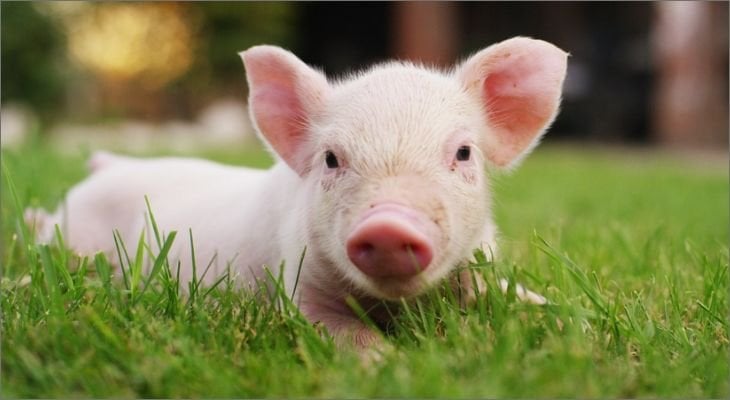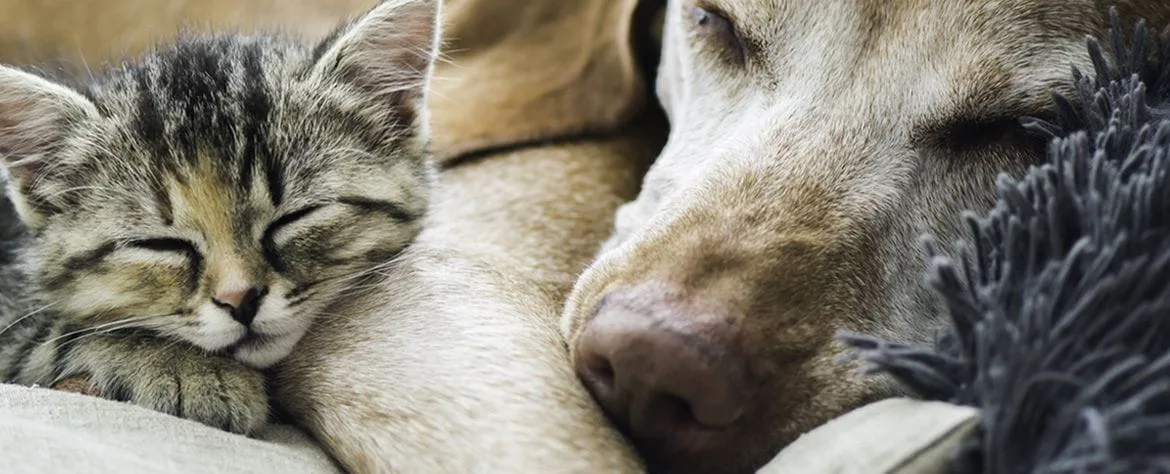
Pigs are great for families who want a relatively exotic but easy to care for a pet. Whether miniature, like a pot-bellied pig, or a full-sized animal, caring for a pig is similar to caring for a cat or dog.
Health
Domestic pigs need to see a veterinarian regularly for vaccinations and checkups. We recommend starting vaccinations between four and six weeks of age.
Pigs are very sensitive to temperatures. They can suffer from heatstroke without proper shade and ventilation. If your pet spends most of its time outdoors, make sure it has a piggy box, a three-sided box with a low roof. During colder months, add straw or blankets where your pig can nestle.
Pigs must have an adequate supply of freshwater as they can develop salt toxicity very quickly. If you find the pig without water, give your pet small amounts to drink every 30 minutes over a four-to-six-hour period.
Training
Pigs are intelligent and learn quickly. Once they learn something, they rarely forget it. So, if you chose to keep your pig inside, it can be house trained in the same manner as a dog or cat. If you choose to use a litter box, make sure it is easily accessible to the animal. We recommend using treats and praise to encourage preferred behavior. It may also help to know that pigs prefer to use the same location all the time.
Care
Believe it or not, pigs don't need to be bathed as often as dogs. They don't shed like a dog or cat, but they lose their hair once a year. This usually occurs in the spring and is usually over in a week's time. You will need to trim your pig’s hooves several times a year or allow your veterinary team to handle the task.
If you choose to keep pigs in a pen, make sure there's enough space. Each animal should have at least eight feet of square footage. You may want to increase the space during hot weather. A friendly reminder from your veterinary team: pigs don't reach their full size until they're around 4 years old.
Feeding
Contrary to popular opinion, you can't feed a pig table scraps. Pigs need a nutritious diet of commercially produced pig pellets. Avoid sugar or processed foods; instead, give your pig high-fiber fresh fruits and veggies as a treat. If your pig grazes a lot outdoors, you may want to reduce the amount of feed he or she receives.

